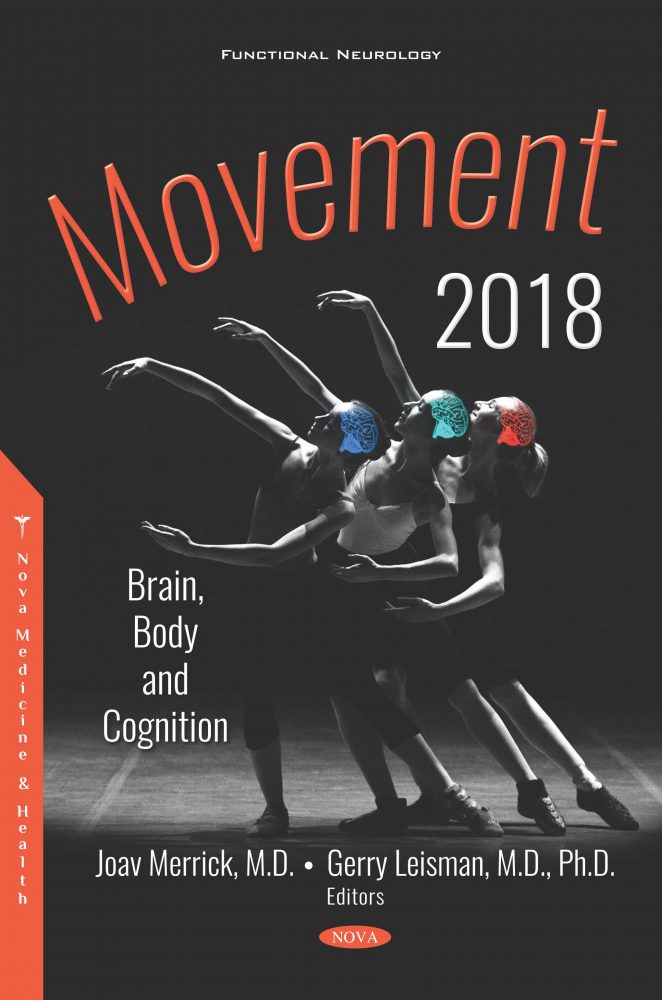
It took me quite a while to understand how excessive negativity and anxiety were dragging me down. Mindfulness is an aspect that a great number of individuals neglect due to the false notion that they lack sufficient time. My path with mindfulness has been intricate. My life increasingly becomes more hectic as my obligations accumulate. The most daunting part is knowing that my life isn’t going to become easier; in the future, I’ll have the extra responsibilities of owning a home and raising children to think about.
Initially, I believed that this signified I didn’t have time for mindfulness. Balancing a full-time job and graduate school felt like all I could juggle. I thought my reasoning was rational: “With my busyness, how can I afford to slow down?” However, the reality was the exact opposite. As I felt more suffocated by the pressures of life and everything that needed my attention, I recognized I had to implement a change.
I am a practical, sometimes cynical individual. Yet, I had to discover a way to be more conscious of my thoughts and their impact on me. It was all the scientific findings on mindfulness that compelled me to give it a shot.
Mindfulness doesn’t have to be complex or consume your entire day — it all depends on how you approach it.
“Mindfulness isn’t just something that occurs. It’s a skill that you develop over time with practice.” — Joshua Felver, PhD, professor of psychology at Syracuse University
Even minor changes can create significant effects. This was the biggest realization I initially struggled to accept. Mindfulness has made me feel more engaged and appreciative of the present, even if I only engage in a ten-minute meditation on Clubhouse or simply attempt deep breathing while in the shower. Mindfulness can easily fit into your schedule, even if it’s just five minutes of deep breathing.
Mindfulness allows me to feel like time isn’t slipping through my fingers.
In some respects, this embodies the genuine essence of “being present.” The notion that we exist one moment at a time and that everything else lies beyond our control can be intimidating. Mindfulness alleviates that fear by granting us clearer insight into our current reality instead of operating on autopilot — while preventing us from veering too far into negative thoughts or despair.
Brevity is the soul of wit, as Shakespeare put it, and even short moments of meditation or mindfulness can genuinely enhance your day.
For instance, today was one of my days working in the office. In the morning, as I was preparing, I felt quite fatigued and anxious even though I had just woken up. However, I attempted a guided meditation, lasting just five minutes, and the deep breathing and visualization exercises slightly improved my mood.
You must discover which mindfulness practices resonate with you.
There are numerous methods to engage in mindfulness. I’ve explored various techniques: meditation, yoga, gratitude journaling, and simply breathing deeply while trying to remain composed under stress (which surprisingly helps).
But it’s essential to identify what you enjoy most if you want to make it a routine.
For instance, I adore yoga. You may not. That’s perfectly fine; experimenting until you uncover what you enjoy is key. It could involve activities like reading a book, taking a brief daily walk, or trying something a bit unconventional in the mindfulness realm. The vital aspect is that it helps you feel grounded in the moment and calms your mind.
Mindfulness has empowered me to cope better with whatever life presents because it has helped me stay present and not let external factors disturb or stress me. Mindfulness encourages you to concentrate on what is important now rather than fretting about the future or dwelling excessively on the past — all while preventing you from becoming overwhelmed by either.
Gratitude journals are excellent mindfulness tools.
“This is not merely a passive breathing exercise. It’s a crucial brain-training tool.” — Vernon Williams, MD, neurologist
One of the most beneficial tools for me has been gratitude journaling. A close friend of mine began this practice through therapy to tackle her depression, and her therapist articulated how this technique can aid anyone looking to feel a bit more grounded and content with their life.
Gratitude journals represent one of the finest methods for practicing mindfulness. You can compile a list of things you appreciate in the morning when you rise, each night before sleeping, or anytime throughout the day. Gratitude journaling compels you to prioritize what truly matters regarding mindfulness practice. Mindfully listing three to five things you’re grateful for daily genuinely prompts your mind to recognize that life isn’t solely about stress and challenges.
It may seem trivial, but making an effort to reflect on the positive elements in your life can